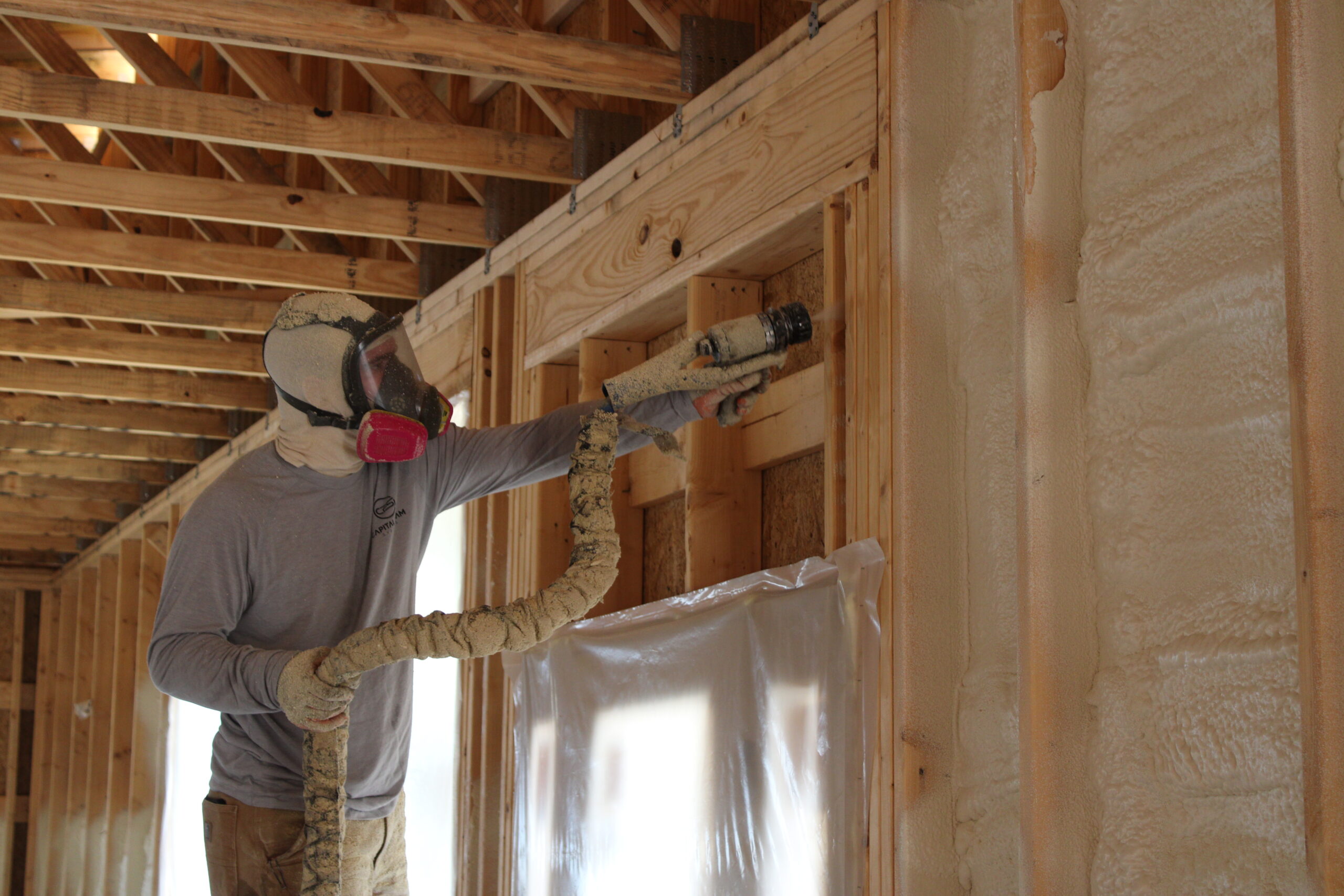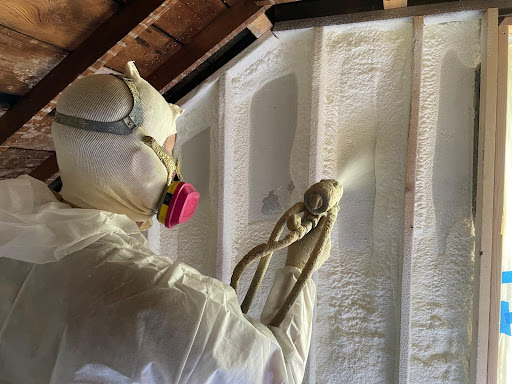When insulating your property, whether it’s a cozy home, a commercial building, or another type of structure, choosing the right insulation is crucial for comfort, energy efficiency, and overall value. Two popular contenders in this arena are spray foam and traditional insulation materials like fiberglass or cellulose.
Read further for a quick dive into the world of insulation, comparing spray foam with traditional options to help you make the best decision for your property.
Understanding Insulation Differences
Spray foam (SPF) is a modern insulation solution that has gained significant traction in recent years. It’s a liquid mixture that expands into a foam when sprayed onto surfaces. This foam hardens, creating a tight seal that effectively blocks air leaks. There are two types: open-cell and closed-cell, each with its unique properties.
Benefits of Spray Insulation
- Energy Efficiency: SPF offers superior insulation because of its expansive nature, filling cracks and crevices traditional insulation might miss. As a result, you get better thermal resistance or R-value, reducing the amount of heat lost in winter and gained in summer.
- Moisture Barrier: Closed-cell spray foam is particularly effective at resisting moisture, protecting your property from mold, mildew, and water damage.
- Durability: Unlike some traditional insulation options that can sag or settle over time, spray foam maintains its shape and effectiveness, offering long-term insulation.
- Soundproofing: Spray foam’s density makes it an excellent sound barrier, reducing noise from both outside and inside the building.
- Air Sealing: It creates an airtight seal, which can significantly improve indoor air quality by reducing the influx of outdoor allergens and pollutants.
Considerations for Spray Foam Insulation
While SPF insulation offers many benefits, it’s also generally more expensive than traditional insulation. Additionally, the installation process requires professional expertise, and the chemicals used can be harmful if not handled by professionals.
Traditional Insulation: Fiberglass and Cellulose
Traditional insulation typically refers to materials like fiberglass and cellulose. Fiberglass is made from fine glass fibers and is available in batts or rolls, while cellulose is primarily composed of recycled paper that is treated for fire and pest resistance. Some of the benefits of traditional insulation include:
- Cost-Effectiveness: Traditional insulation materials are usually less expensive than spray foam in terms of material and installation costs.
- Ease of Installation: Fiberglass, especially in batt form, can be a DIY project, which can further reduce costs.
- Fire Resistance: Fiberglass and cellulose are treated to be fire-resistant, offering an added layer of safety.
- Eco-Friendly Options: Cellulose, being made largely from recycled paper, is a green option for those looking to reduce their environmental footprint.
Considerations for Traditional Insulation
The main drawback of traditional insulation is its inability to provide a complete air seal. Gaps and spaces can reduce effectiveness, leading to higher energy bills. It can also sag or settle over time, diminishing its insulative properties and requiring replacement.
Which Is Right for Your Property?
Choosing between spray foam and traditional insulation depends on several factors, including the following:
- Budget: If you have a limited budget, traditional insulation might be the way to go. However, consider the long-term savings on energy bills that spray foam could offer.
- Energy Efficiency Goals: If your primary concern is maximizing energy efficiency, SPF is the superior choice, thanks to its higher R-value and air sealing properties.
- Building Structure: Older homes or buildings with lots of nooks and crannies might benefit more from spray foam, as it can get into areas where traditional insulation can’t.
- Soundproofing Needs: For properties in noisy areas or if you need to minimize sound transfer between rooms, spray foam’s soundproofing qualities are beneficial.
The Capital Spray Foam Difference
At Capital Spray Foam, we understand the importance of a well-insulated property. The best option will depend on your specific needs and the unique characteristics of your property. We offer high-quality spray foam services, ensuring your home, building, or commercial property benefits from increased energy efficiency, enhanced comfort, and reduced energy costs.
Our team of qualified experts is equipped to handle all your spray foam insulation needs, providing professional advice and superior installation services. Contact us today to talk about your needs.







